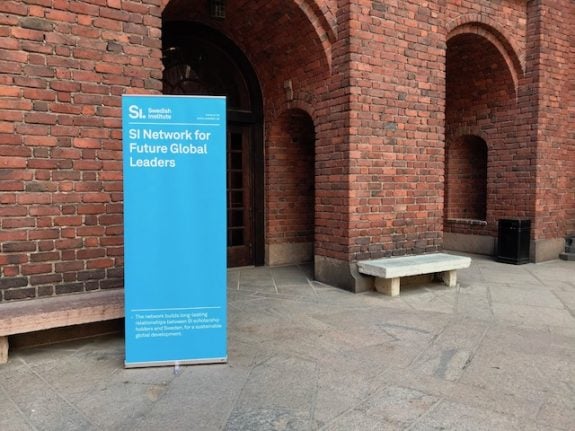
How did you first hear about the SI scholarship?


On May 25th, SI scholars from all over Sweden travelled to Stockholm to graduate at the City Hall. SI News headed along and met with three graduates to find out how Sweden has changed them and how they will use what they've learned in the future.


How did you first hear about the SI scholarship?


Member comments